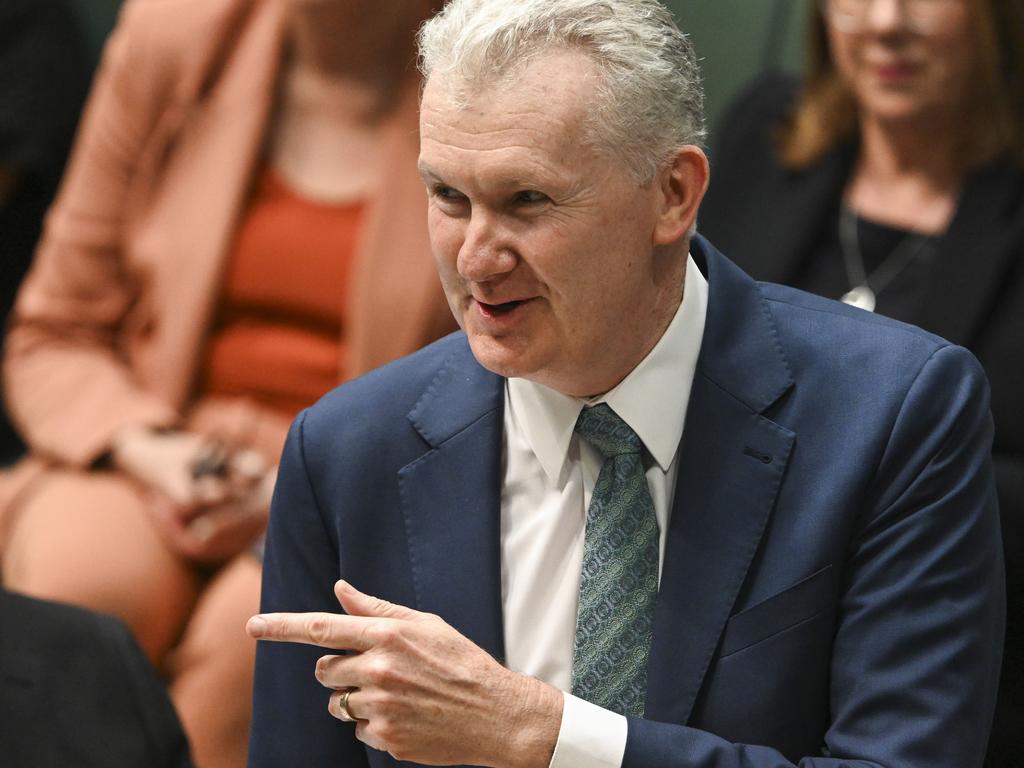Coalition’s IR policy will slash wages, unions warn
Unions say Coalition IR proposals would return workers to years of record low wages growth, but employers declared there was a burning need to change federal workplace laws.

Unions say industrial relations proposals being considered by the Coalition would return workers to years of record low wages growth, but employers declared there was a burning need to change federal workplace laws.
The government and the ACTU have seized on revelations by The Australian that policy changes, including the watering down of unfair dismissal protections and a less prescriptive test for approval of pay deals, could be part of the Coalition’s workplace policy at the next election.
The opposition employment spokeswoman, Michaelia Cash, wrote to NSW Liberal Party state director Richard Shields on May 8, praising workplace policy proposals endorsed by the Liberal state council as including “several good ideas that align strongly with the Coalition’s approach”.
Mr Shields had sent Senator Cash a copy of the proposals that include replacing the better off overall test with a no disadvantage test; simplifying the unfair dismissal provisions; awards no longer applying to workers earning more than $99,612 annually; and increased scope for individual flexibility arrangements to be negotiated prior to the start of employment and included as part of the employment contract.
ACTU secretary Sally McManus said the “Liberal Party blueprint would cut wages for people who rely on award wages to pay rent and mortgages”.
“Any weakening of unfair dismissal laws is also something unions would strongly oppose,” she said. “Peter Dutton and previous Liberal governments presided over record low wage growth for nearly a decade.
“This blueprint shows they want to drag working people back to this.”
Senator Cash has said the policy would be finalised in coming months with specific proposals to be released ahead of the election
Australian Industry Group chief executive Innes Willox said while the Coalition policy was still under development, he welcomed “its preparedness to enter the public debate about the burning need for measures to address our deeply problematic industrial relations system”.
“Recent changes are entrenching disastrous productivity outcomes and driving up costs across the economy, particularly in crucial areas like construction and manufacturing,” he said.
“A proper debate on workplace relations is vital given our productivity issues and the impact of workplace changes on the cost of doing business and the cost of living. We look forward to seeing the proposals from the alternative government ahead of the next election.”
Australian Chamber of Commerce and Industry chief executive Andrew McKellar said the big issue for the chamber was small business compliance.
“We would encourage the next parliament to develop a more consistent approach to small businesses and alleviate the compliance burden,” he said.
“It needs to be easier for small businesses to comply with regulations and remove unnecessary barriers to employing people.”








To join the conversation, please log in. Don't have an account? Register
Join the conversation, you are commenting as Logout